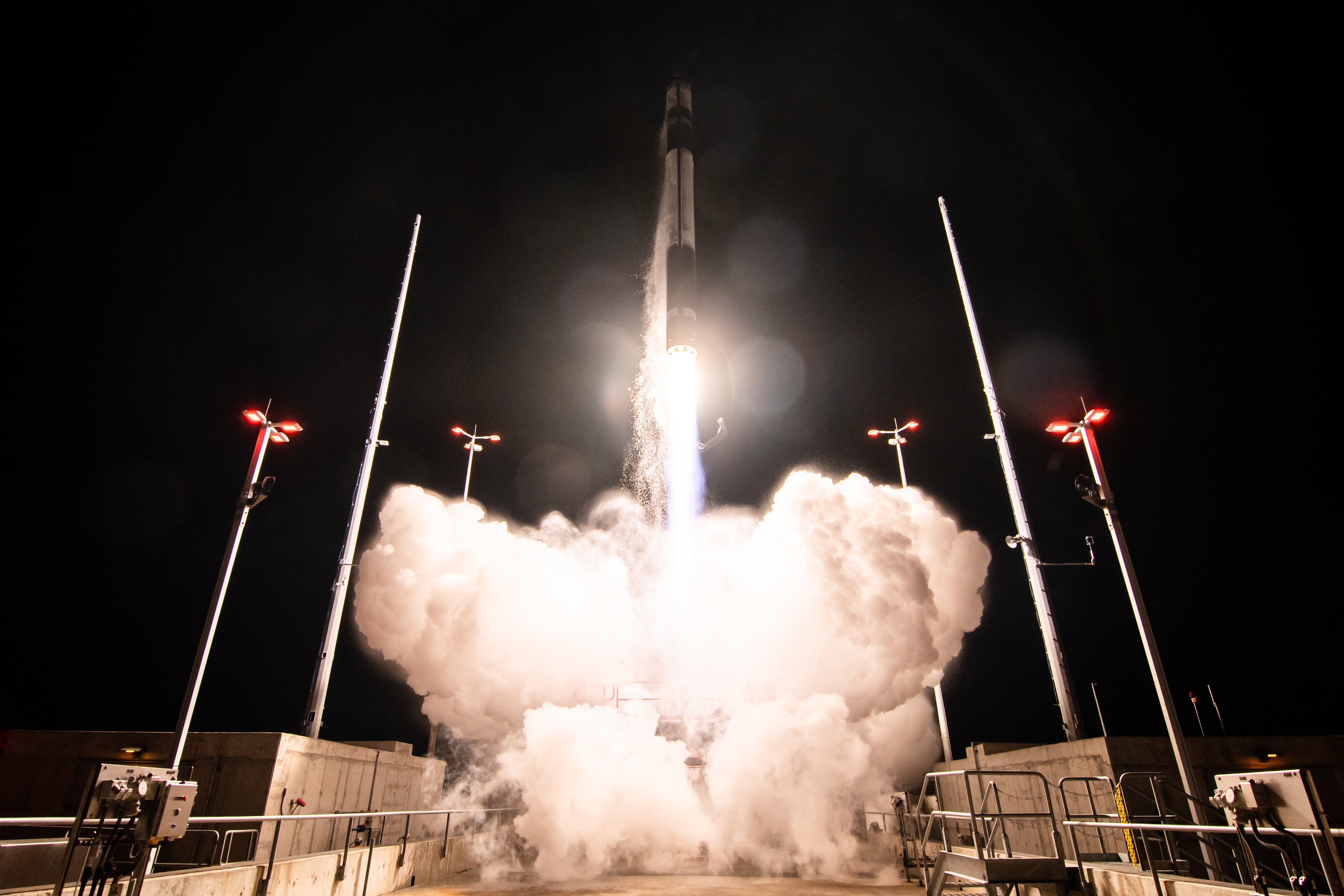A House subcommittee’s draft for fiscal 2020 defense spending bill includes $500 million for an intelligence, surveillance and reconnaissance fund.
Defense officials have a wide range of freedom in determining how the money is used—it can be dedicated to anything from personnel pay to purchasing new platforms to data processing as long as it improves the Department’s intelligence, surveillance and reconnaissance (ISR) capabilities. The legislation would require the Secretary of Defense to submit a detailed spending plan to the House and Senate appropriations committees so that lawmakers know how the money is being used.
The same amount was ultimately approved for that fund in fiscal 2019 appropriations.
The $500 million is in addition to the Department of Defense’s annual budget request and is dedicated to the Global War on Terrorism. The funding has been approved on an annual basis since it was first introduced in the fiscal year 2016 defense appropriations bill.
Last year, House leaders tried to increase the amount of funding dedicated to the ISR account by 54 percent, for a total of $770 million. However, that additional funding was ultimately cut from the bill during negotiations between the House and the Senate, and the usual $500 million was included in the bill signed into law by the president.
In addition, the bill includes $15 million for the Department of Defense to study the establishment of a Space Force within the Air Force. The bill was approved by the the House Appropriations subcommittee on defense in a voice vote on May 15.
“National defense is of paramount importance, and our committee’s commitment to securing American interests at home and abroad should transcend party lines," said House Appropriations Committee Chairwoman Nita Lowey in a statement following the vote. “The world becomes more dangerous each day, and we must be united to ensure our armed services have the equipment, training, and resources to succeed at every level.”
Nathan Strout covers space, unmanned and intelligence systems for C4ISRNET.







